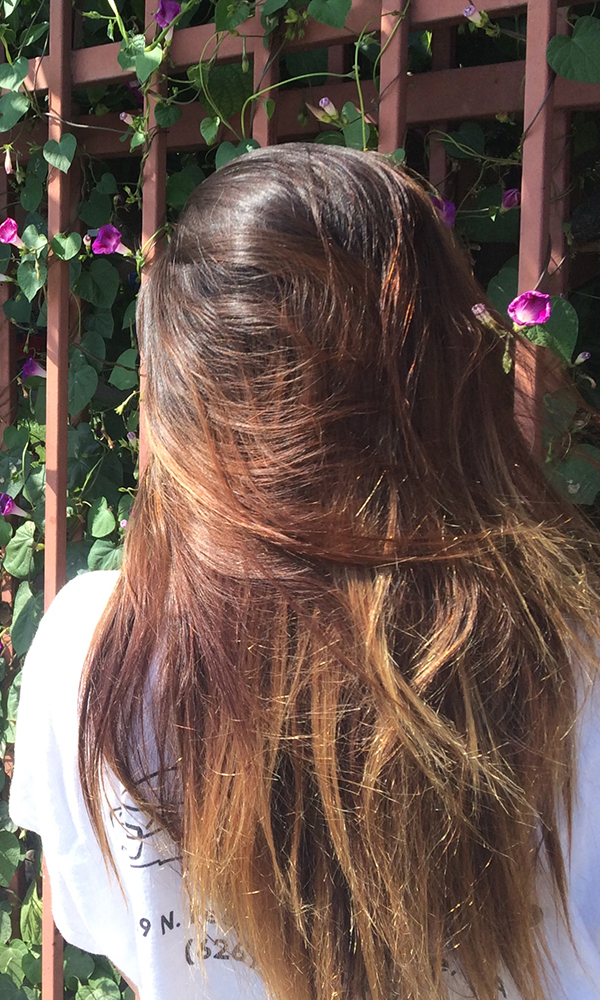I won’t let you fill me up anymore.
Your hatred is toxic and time consuming
You taught me to run away and be afraid
Not to stand up and be brave. Just admit it.
Homeless, within your own life
Too blind to recognize what you brought to life
I was apart of you
Still you dropped me off
Like there was no feelings
I told you if you did,
It’d be the last you’d hear and see of me.
I waited to get comfortable
Knew his schedule, got ready.
I swung the rope over, in rage
I wanted you to walk in and see what you created
See me, drop to the floor.

Rachael G.
My life would’ve flashed before your eyes
My death would’ve fucked with
All of you.
In a split second,
Is there peace after life?
Will I choke and die?
Don’t I have a lot to live for?
In the eyes of law and judgement
You were the better parent.
But you left me, he was still there.
Best believe he’s not a saint
But neither are you, so let’s not cast blame
Because our lives are at stake.
I want to go to prom,
Have that birthday party,
Themed old-school masquerade,
Travel, and blossom in life.
I took down the rope and began to cry
I would’ve hurt dad, ruined him.
“It’s the cowardly way,”
He says, “you’re strong!”
People tell me I’ve been through a lot.
I say the effects differ
From physical
To emotional trauma
But poems are saving me
And poems are saving you.
Each stanza read,
And each written.
It’s hard sometimes
But best believe we will get stronger.
From InsideOUT Writers’ Youth Editor:
At IOW, in addition to a form of self-expression, poetry is also a documentation. It tells stories in an idiom for which there exists no scale of justice at our nation’s courtrooms.
By reclaiming their right to space after being denied it, both by perpetrators who violate such space and the larger political environments behind them, IOW’s poets express themselves not just for their own personal healing and advocacy, but also for every witness to take note. The offering is a reflection on the increasingly unequal society constituting American history, and how that society is constituted daily.
Rachael G., 16, is one of the newest IOW poet alums who found her way to the office thanks to Ms. V, her first and primary mentor at IOW. Her dream school is UCLA.






























